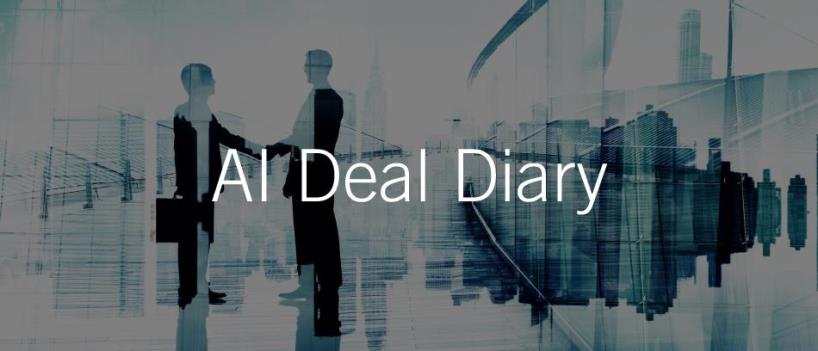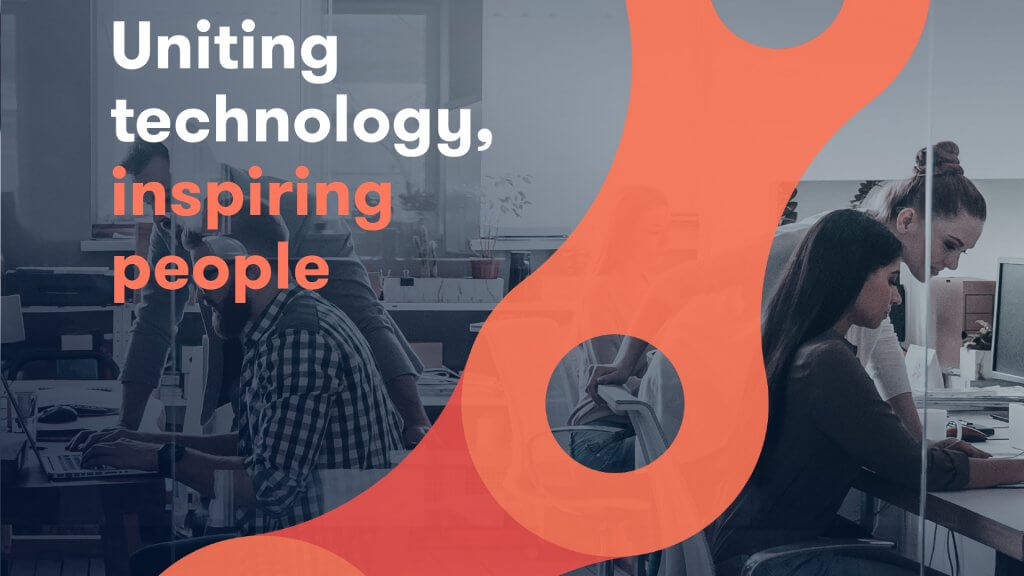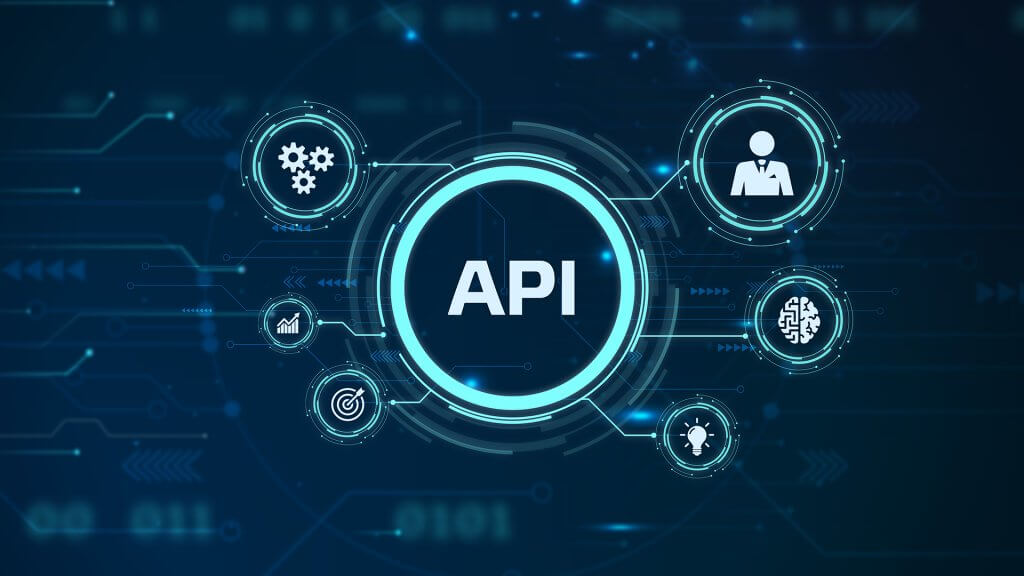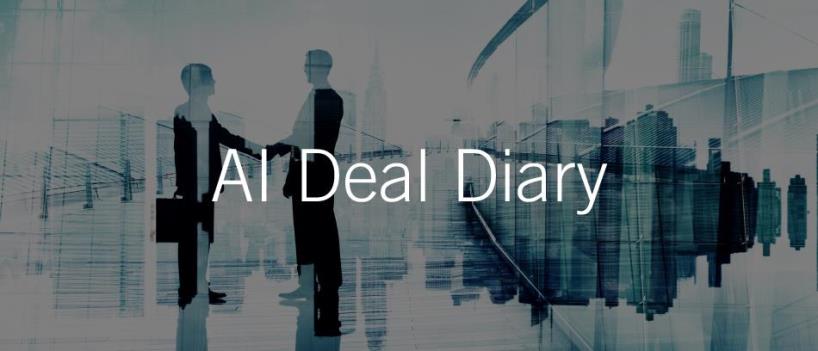In today’s competitive landscape, fostering a culture of engagement among employees is paramount for the success and sustainability of any business. Employee engagement goes beyond mere satisfaction; it’s about creating a sense of belonging, purpose, and investment in the company’s goals and values. One effective strategy gaining traction is allowing employees to become shareholders in the company they work for. This article delves into the concept of cultivating engagement through employee shareholding and its profound impact on organisational culture and long-term retention.
Before we dive into the benefits of employee shareholding initiatives, let’s first understand what it means to be a shareholder. Simply put, a shareholder is an individual, institution, or entity that owns shares or equity in a company. Shareholders have ownership rights in the company, including voting rights, dividends, and the potential for capital appreciation.
The Benefits of Shareholder Initiatives to Long-Term Employee Retention and Culture
Implementing employee shareholding initiatives can yield numerous advantages for both employees and the organisation as a whole. Let’s explore some of these benefits:
1. Enhanced Engagement and Commitment
When employees have a stake in the company, they are more likely to be deeply engaged in their work. They feel a sense of ownership and responsibility for the company’s success, leading to increased commitment and dedication to their roles.
2. Alignment of Interests
By aligning the interests of employees with those of shareholders, companies can foster a collaborative environment where everyone is working towards common goals. This alignment can lead to improved teamwork, productivity, and innovation.
3. Improved Retention Rates
Employee shareholding initiatives can significantly impact retention rates. When employees have a financial stake in the company’s performance, they are more likely to stay with the organisation for the long term, reducing turnover and the associated costs of recruitment and training.
4. Attraction of Top Talent
Offering shareholding opportunities can also be a powerful tool for attracting top talent. Prospective employees are often drawn to companies that provide not only competitive salaries and benefits but also opportunities for ownership and growth within the organisation.
The Importance of a Shareholder Agreement
Introducing employee shareholding initiatives requires careful planning and preparation. One essential aspect is the creation of a shareholders agreement. This agreement outlines the rights, responsibilities, and obligations of both the company and its shareholders. It addresses key areas such as voting rights, share transfer restrictions, dividend policies, and dispute resolution mechanisms.
Investing in a premade, editable shareholder agreement contract offers numerous advantages for businesses embarking on employee shareholding initiatives. Firstly, it saves valuable time and resources by providing a ready-to-use template that can be customised to suit the specific needs and preferences of the company. This eliminates the need for extensive legal research and drafting from scratch, allowing businesses to focus on implementing the shareholding programme efficiently. Additionally, utilising professionally drafted templates from reputable sources like Simply Docs ensures legal compliance and accuracy, offering peace of mind that the agreement is legally sound and operating within the bounds of the law. By streamlining the process and minimising the risk of errors or oversights, businesses can expedite the implementation of their shareholding initiatives and maximise the benefits for both employees and the organisation as a whole.
Major Corporations Leading the Way
Major corporations have recognised the value of employee shareholding initiatives and have implemented them with remarkable success. Here are a few interesting facts:
- Google: Google’s “Founders’ IPO Letter” emphasised the importance of employee ownership, stating that it would help align the interests of employees with those of shareholders and enable them to participate in Google’s long-term success.
- Microsoft: Microsoft’s Employee Stock Purchase Plan (ESPP) allows eligible employees to purchase company stock at a discount, encouraging widespread employee ownership and engagement.
- Amazon: Amazon’s Restricted Stock Unit (RSU) program grants employees shares of company stock as part of their compensation package, fostering a sense of ownership and investment in the company’s future.
Comparing Employee Engagement Strategies: Shareholding vs. Traditional Approaches
While traditional employee engagement strategies such as performance bonuses and recognition programs have their merits, they may sometimes foster a different level of long-term commitment and alignment of interests than employee shareholding initiatives. Shareholding programs provide employees with a tangible stake in the company’s success, leading to deeper engagement and loyalty over time.
Let’s take a manufacturing company, as an example of how they might roll out a traditional employee engagement programme. To begin, the HR department conducts comprehensive surveys and focus groups to gather insights into employees’ needs, preferences, and areas for improvement. Based on this feedback, they designed a multifaceted programme that includes regular team-building activities, employee recognition schemes, skills development workshops, and health and well-being initiatives. The programme kicks off with a company-wide launch event, where senior management emphasises the importance of employee engagement and outlines the objectives of the programme. Throughout the year, they organise various events and activities, such as quarterly team-building outings, monthly recognition awards for outstanding performance, and biannual health checks and fitness challenges. Additionally, they offer opportunities for employees to participate in training courses and seminars to enhance their skills and career development. To ensure ongoing engagement and feedback, regular meetings and forums are held where employees can voice their opinions, suggestions, and concerns. At the end of each year, the HR department conducts follow-up surveys and focus groups to evaluate the effectiveness of the programme and make necessary adjustments for the following year. Overall,’ the traditional employee engagement programme aims to foster a positive work culture, strengthen team cohesion, and empower employees to thrive both personally and professionally.
Whilst on the other hand it may also come with certain drawbacks:
Some traditional engagement initiatives may provide short-term boosts in morale or productivity, but without sustained efforts, their enthusiasm may diminish over time. Often adopting a one-size-fits-all approach, which may not effectively address the diverse needs and preferences of all employees. This can result in certain groups feeling overlooked or disengaged.
Implementing and maintaining traditional engagement programs can be resource-intensive, requiring significant financial investment and ongoing commitment from HR and management teams. As well as quantifying the return on investment (ROI) of traditional engagement programs can be challenging, making it difficult for companies to assess their effectiveness and justify continued investment.
Traditional engagement initiatives may focus on boosting morale and camaraderie without necessarily aligning with the broader strategic goals of the organisation. This can lead to a disconnect between employee engagement efforts and business objectives. In addition, while activities like team-building exercises and recognition programs are valuable, they may not provide employees with tangible incentives or rewards that directly impact their financial well-being or career advancement.
Finally, overreliance on engagement activities and initiatives can inadvertently contribute to employee burnout, especially if employees feel overwhelmed by an excessive workload or pressured to participate in non-work-related events.
Conclusion
Cultivating an ownership mindset through employee shareholding initiatives can be a game-changer for businesses seeking to enhance employee engagement, retention, and organisational culture. By providing employees with the opportunity to become shareholders, companies can align interests, foster commitment, and drive long-term success. With the right preparation, including a well-crafted shareholders agreement, businesses can navigate this transition smoothly and reap the benefits for years to come.





















